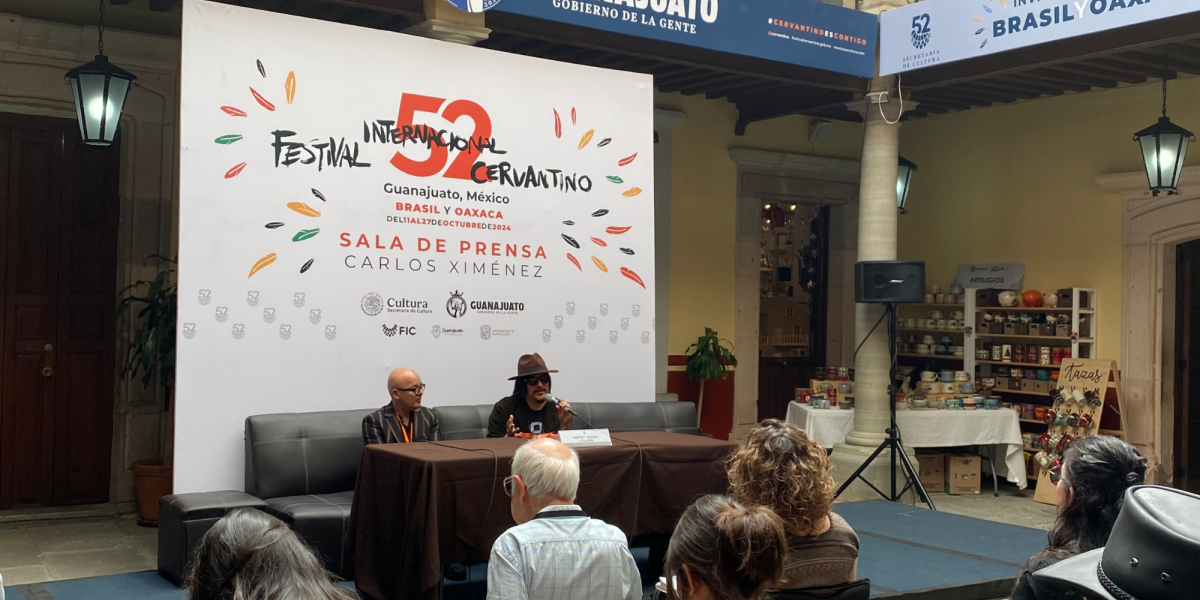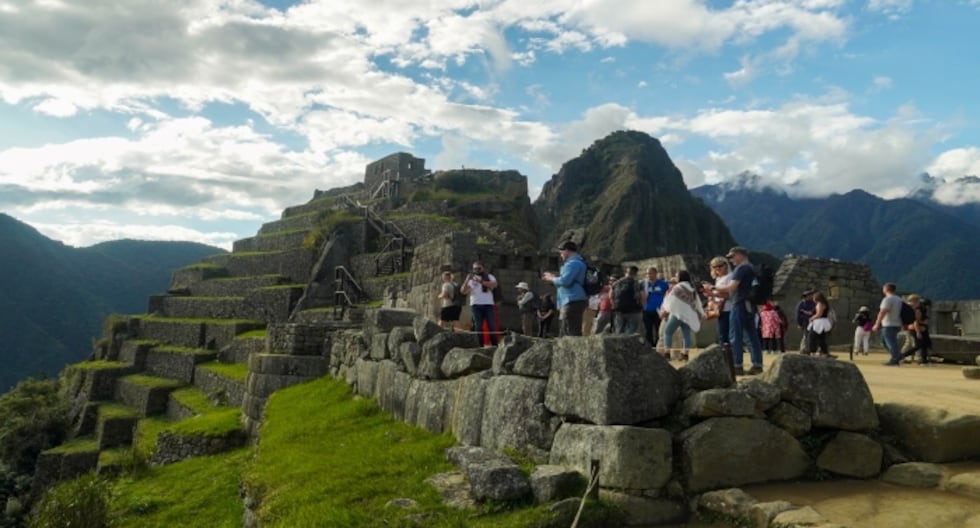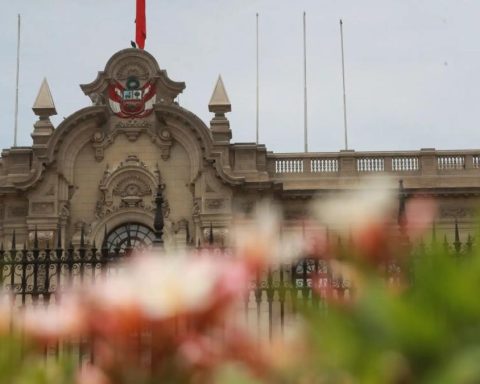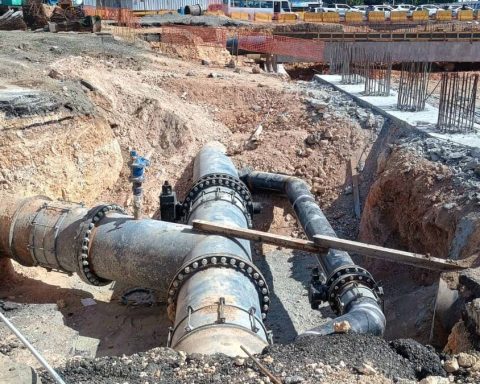The history of the Nortec collective group It is deeply linked to the history of Tijuana, its home, with all its chiaroscuros. The group whose members have been rotating in five decades of existence has not neglected the times of greatest violence in the border city, much less has it failed to recognize the flashes of prosperity and exponential growth that the border region boasts today. All those faces from Tijuana are reflected in their discography.
“Nortec has projected our reality as Tijuana residents. In ’99 it was an industrial Tijuana, with very great economic growth. And that’s how it was projected in the first albums, all our roots as electronic musicians and the records we listened to. But already in 2006 or 2007, when Tijuana was very violent and not many people went out to the streets, to the bars or restaurants, a lot of that was projected in the records of the time. There is a song called ‘Retén’ (from the album Tijuana Sound Machine, from 2008), which has samples of police checkpoints, for example. Almost everything was related to the violence of that time in Tijuana,” declares Ramon Amezcua, better known as Bostich, member of the Tijuana duo, at a press conference prior to the presentation this Saturday night at the 52nd edition of the Cervantino International Festival.
In this sense, he adds that in the album “Boulevar 2000”, from 2010, reference is made to the Tijuana-Rosarito Corridor 2000the great avenue inaugurated in 2006 as a proposed solution to the lack of interconnection in the city, which, however, “was also a place where they threw shelters. And the thing is that if back then, you searched the word ‘Tijuana’ on the Internet, all the violent acts would appear.”
However, Amezcua comments, something more than a feeling of insecurity was brewing in Tijuana during the first half of the 21st century: it was a cultural and musical proposal that ended up infecting the entire country. From this region a pioneering project was consolidated, which turned a deaf ear to criticism and dared to mix two genres that were previously unthinkable of coexisting. The economic and demographic growth of the city, but also a declaration of intentions in terms of culture, the strengthening of an identity and the desire to show it to the entire country, recovered the spaces of the city and gave it some splendor.
“Tijuana today is still a very violent cityHowever, it has a lot of economic activity. It has grown a lot in recent years. I think we are already approaching four million inhabitants, and it has everything. We are very proud to be from Tijuana, even though we know that it is a city with many security problems. After all, it is part of our history,” says Bostich, while his colleague adds:
“Tijuana is like an oscillator, it has had those very violent moments, especially between 2007 or 2008. Then there were no clubs, the parties were held at home. But the people opposed that state, we began to rebel and began to open places, regardless of the state of violence and the fact that the shooting was going on all the time.”
That conviction of recovering public life through art and music was fundamental for a city that is so cosmopolitan today. And Nortec was fundamental.
Making music is constant evolution
“25 years ago it was sacrilege for an electronic project to be mixed with northern music. For people it was like a shock, even the producers, when they hired us, told us that we couldn’t touch the nortech fusion. They didn’t understand the project, however, we never listened to them, we arrived and played nortech. That’s how people found out about the experiment. That’s how we got to several festivals, including Coachella in 2001. At that time, there were very few groups that were doing these fusions. Today, everything has evolved. Have fusions such as hip-hop, trap, among others, with northern sounds”, comments Fussible and completes:
“Nortec did its part, but we are glad that there are people who continue experimenting. I have no doubt that in the next 25 years things will continue to evolve even more. More and more projects are coming out that fuse certain Mexican elements with technologies.”
Bostich comments: “we have seen several generations and even fans go to concerts with their children. I think that in music the validity is in continuing to experiment and in continuing to listen to new music.”
Another relevant aspect to maintain validity, says Amezcua, is to not stop paying attention to technological advances and shares that for three years, they have been using artificial intelligence to master their music.
However, on the use of AI’s in musicFussible clarifies: “we use the resource only for mastering, we have never used it for composing, although we have tested several AI’s that compose. Now, what keeps us alive is that, the fact of imagining melodies. If we are going to give ourselves over to artificial intelligence, we might as well get some robots to come up and play. For us, composition is fun.”
A story with Cervantino
This is how it marks the Nortec collective their times: 35 years since they started making music, but 25 years of professional career, says Fussible, since the first time they received their first payment for a performance.
The Cervantino International Festival, Bostich adds, is also part of Nortec’s history. This Saturday’s participation is the third opportunity on stage cervantines. The first occasion was in 2004, in the first years of the group. The second occasion was in 2009, when the duo performed together with the International Music Band of the State of Zacatecas.
By the way, the band announced that next year there will be new material, because, “there are some very important festivals that we are going to be in and we are going to take advantage of it to release it.”
Next year, the Ibero-American Festival of Musical Culture Vive Latino celebrates 25 years. Nortec has been one of the musical projects most closely linked to this festival, since its first presentation was in 2001. Will this be one of those important festivals in which the Tijuana group will perform?















